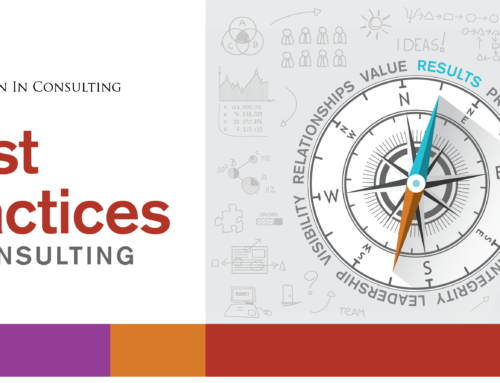“You can make more friends in two months by becoming more interested in other people than you can in two years by trying to get people interested in you.” – Dale Carnegie
Carnegie’s wisdom is timeless.
Imagine a TV channel that ran content about the same company over and over? You’d change the channel.
Customers are doing exactly that. Would you read the content your company creates? I recently asked a group of executives at a talk I was giving this question. The majority said no. The status quo of marketing is broken! In the words of comedy great Bob Newhart, playing a therapist in this funny skit: “Stop It!” Here are five ways to stop marketing and start acting like a customer.
Stretching is for Athletes
Customers today already distrust companies because of jargon and hype that destroy credibility. A case in point, about 6 months ago I met with a company that was creating technology designed to “revolutionize” (their word) access to college curricula. Many colleges use proprietary systems instead of open technologies that allow professors to pull in content from all over the web in order to create a rich, interactive learning environment. This company’s technology was going to tackle this issue, yet this CEO insisted that it “saved lives.” Well, that exaggerated claim didn’t work. No kidding!
 Watch Your Language
Watch Your Language
Your value proposition means nothing to your customer. No one buys “unique IP,” or “methodologies,” or “product features.” Customers use specific words for a reason – they are telling us what is meaningful to them. Forget value propositions, methodologies and forcing your own language on customers – focus your efforts on creating meaning. Your customers will express what they want in the language they need to hear. Listen up, and reflect that back.
Spare the Marketing Air
Get rid of jargon-monoxide poisoning! Jargon gets between you and your customers. As a customer, I will not work that hard to decipher and crack some marketing code. The burden of clarity is on the company. Simple, clear direct language builds trust. Jargon words are “weasel” words that allow marketers to hide. What’s worse, jargon is telling an inside joke that your customer is on the outside of.
 Ditch the “Beaches”
Ditch the “Beaches”
In the funny and poignant movie, “Beaches,” Bette Midler’s character says to Barbara Hershey’s character, “That’s enough about me. What do YOU think of me?” So much marketing focuses on “us,” “our,” we,” etc. How much of your marketing is centered on words such as, “you,” “your,” “their?” Great marketing is outward-focused, not internally focused. If your language is mostly the latter, you are trying to get your customers interested in you, rather than expressing your interest in them. Flip the ratio, and focus on the “you.”
 Your “Values” Proposition
Your “Values” Proposition
Your audience won’t care about what you know until they know that you care. This is where every company needs to have a credible human side that leads with its values. Values build trust, and trust builds relationships. Many companies believe in the environment, in helping kids in need (TOMS Shoes), in developing people, in customer service, in fighting poverty, or that every worker has the right to work with complete mobile freedom and you are championing the workspace over the workplace (Grasshopper.com). Show customers who you are. Give your content emotional feeling before you focus on facts.
Feelings, Not Facts
In a world with so much noise and not enough real meaning, it’s important to create meaningful marketing that makes people feel (not think) that you are interested in them. What feelings do you want to leave customers and prospects with? It matters because most decisions are made with the limbic system – the part of the brain that has no language and relies on feelings. Facts, then, are used to rationalize the decision.
As Newhart’s character advises his client, “just stop it.” Stop making meaningless, fact-laden, and “me”-focused content.
Your customers and prospects will thank you.







